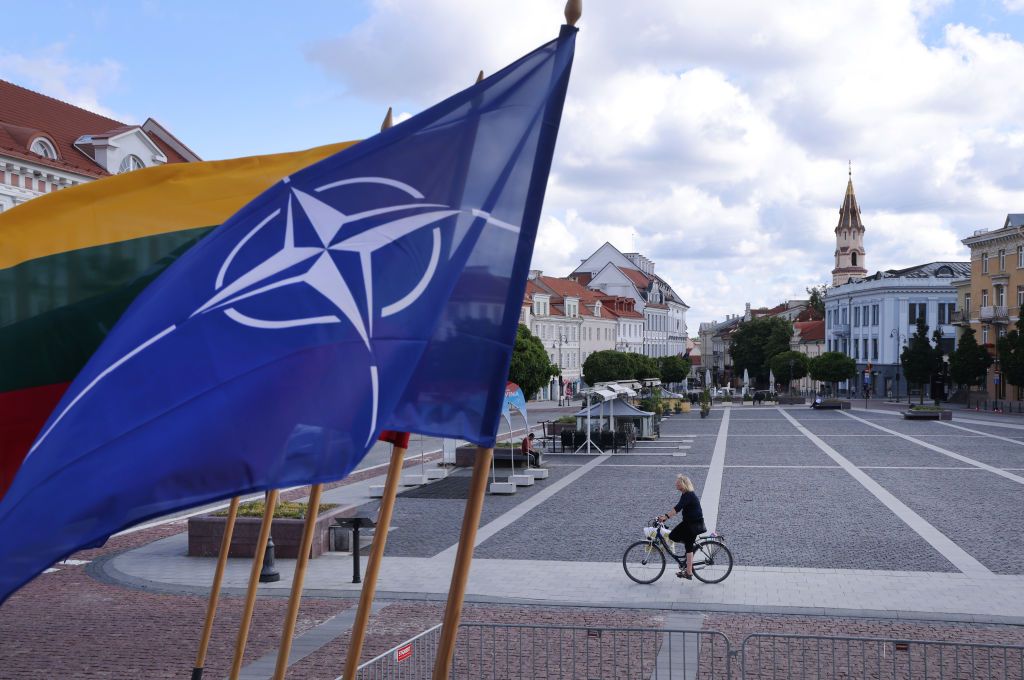A recent poll in Lithuania revealed that seven out of ten residents believe that Russia poses a threat to their country’s national security. This concern stems from Russia’s invasion of Ukraine and President Vladimir Putin’s threatening statements towards NATO countries. The survey, conducted by Baltijos Tyrimai, found that 29% of citizens believe Russia definitely poses a threat, while 41% think it rather does. Interestingly, permanent residents of other nationalities within Lithuania had differing opinions, with 50% disagreeing that Russia is a threat. This survey reflects the ongoing tensions between Russia and the Baltic states, particularly in light of Russia’s actions in Ukraine.
The support for Ukraine in Lithuania remains strong, with the country being among the top supporters globally in terms of GDP. Lithuania has provided bilateral aid to Ukraine amounting to 1.5% of its GDP, in addition to EU assistance equivalent to 0.5% of GDP. Earlier this year, Lithuania pledged a support package of 200 million euros to Ukraine, showcasing its commitment to standing with Kyiv in the face of Russian aggression. The solidarity between Lithuania and Ukraine highlights the shared values and interests of both countries in countering external threats and promoting stability in the region.
In France, a survey conducted last summer by the Institute for Strategic Studies of the Military School and the General Directorate for International Relations and Strategy found that half of French youth aged between 18 and 25 were willing to fight in Ukraine to defend France. This survey indicates the level of concern among French youth regarding the potential spillover effects of the conflict in Ukraine on their own country. The willingness of young people to defend France in a foreign conflict underscores the importance of national security and sovereignty in the face of external threats.
The geopolitical dynamics in Eastern Europe and the broader region have been shaped by Russia’s actions in Ukraine and its confrontational stance towards NATO countries. The Baltic states, including Lithuania, have been vocal critics of Russia and supporters of Ukraine since the onset of the conflict. The perceived threat from Russia has led to increased military cooperation and security measures in the region, as countries seek to bolster their defenses against potential aggression. The surveys conducted in Lithuania and France reflect the heightened concerns and readiness to defend national interests in the face of evolving security challenges.
As tensions continue to simmer in Eastern Europe, the solidarity and support for Ukraine from countries like Lithuania and France highlight the importance of collective security and defense cooperation in the region. The threat perception from Russia has prompted countries to reassess their defense strategies and strengthen alliances with like-minded partners to ensure the stability and security of the region. The willingness of citizens, especially the youth, to defend their countries in the face of external threats underscores the resilience and determination of nations to protect their sovereignty and values in an increasingly volatile international environment. By supporting independent journalism and staying informed about the evolving security landscape, individuals can contribute to efforts aimed at promoting peace and security in Eastern Europe and beyond.


